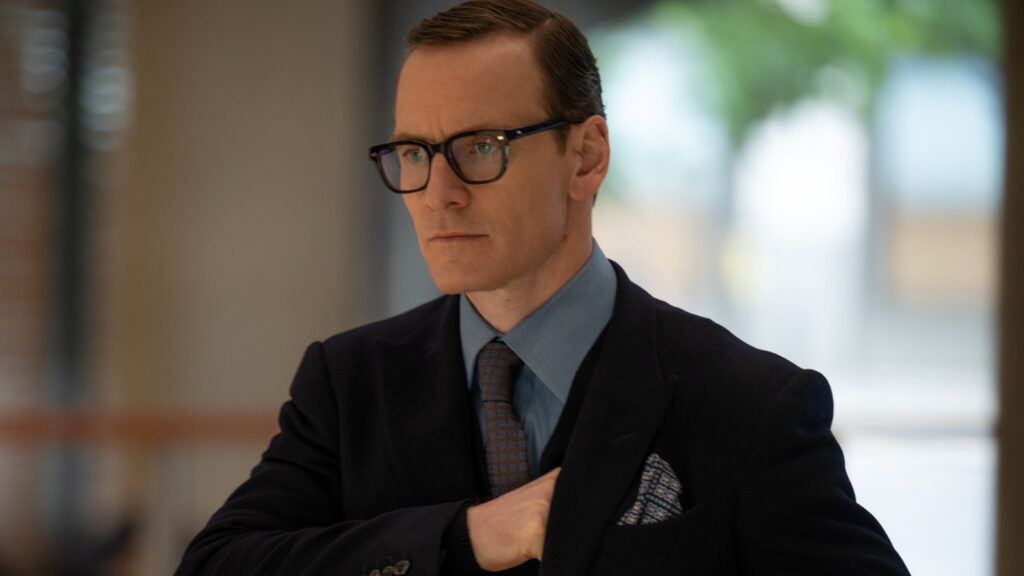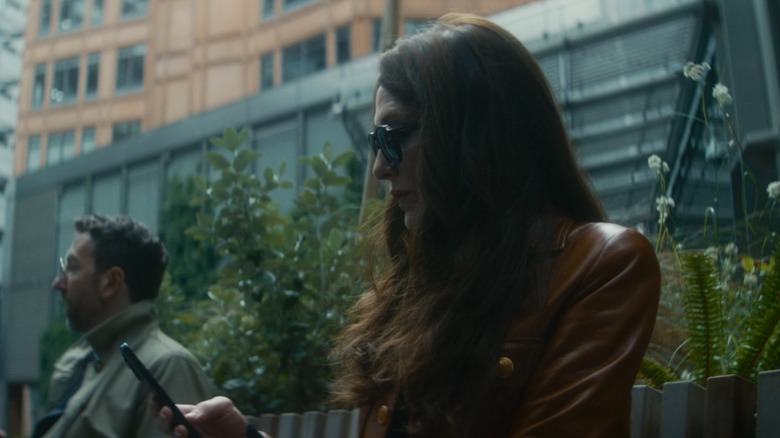With the dozens of streaming services at our fingertips and over 100 years of cinema and television to feature, newer theatrical releases that don’t receive “Challengers” or “Weapons” levels of viral attention can easily go unnoticed. “Black Bag” is one such film, a sophisticated spy drama from celebrated director Stephen Soderbergh (“Ocean’s Eleven”). It follows a team of British government agents, with a particular focus on power couple, Kathryn (Cate Blanchett) and George (Michael Fassbender), who are known for their unwavering loyalty and proven competence.
Soderbergh was hopeful that “Black Bag” would gain enough attention and revenue to remind Hollywood of the merit in making mid-sized, character-driven cinema. Unfortunately, despite largely positive reviews as proven by its 96% Rotten Tomatoes score, the film was a box office flop, making only $43.8 million worldwide on an estimated $60 million budget. “My concern is that the rest of the industry looks at that result and just goes, ‘This is why we don’t make movies in that budget range for that audience— because they don’t show up.'” Soderbergh told The Wrap. The director continued, “that’s the kind of movie I’ve made my whole career. That middle ground, which we all don’t want to admit is disappearing, seems to be really disappearing.”
Hopefully, with “Black Bag” now available on Amazon Prime, Soderbergh’s fallen hopes will be redeemed as the film gains a second life on streaming.
Black Bag is a compelling watch for witty cinema lovers
There are many reasons why “Black Bag” is worth watching on Amazon Prime. Its cast is stellar, led by Michael Fassbender and Cate Blanchett — who both easily balance the tender intimacy of their characters’ marriage with their intimidating professional personas. Supporting players Marisa Abela and Tom Burke are deliciously chaotic, and Naomie Harris is a natural at keeping cards close to her chest. Aside from the acting, the set design and overall aesthetics are both rich and minimal, a defining aspect of Soderbergh’s best films.
It’s most challenging element, a deceptively byzantine plot defined largely by quiet conversations and shared looks, is also one of its strongest assets. The film is not always easy to follow, nor does it leave viewers feeling unsettled. “Black Bag” is meant for attentive, intellectually-driven filmgoers who appreciate the porous possibilities of a story told from multiple, unreliable narrators. There are moments that will thrill, but the narrative insists that they be earned with slow burn dinner parties and passive aggressive check-ins with superiors.
The film’s best quality is its sense of completion. This is not a movie written for the purposes of launching a franchise, and thank the gods of cinema for that. Don’t be surprised if “Black Bag” joins the ranks of the best underrated spy movies.


